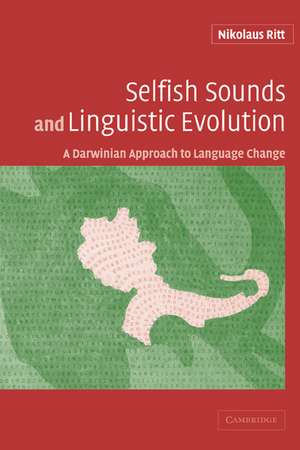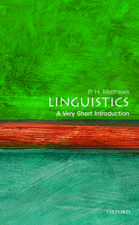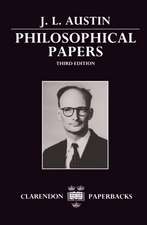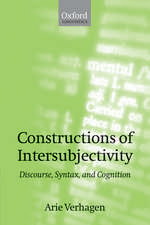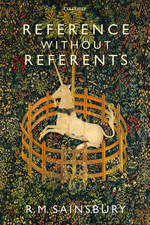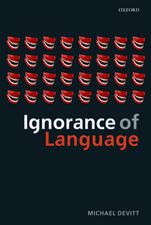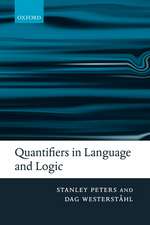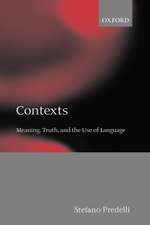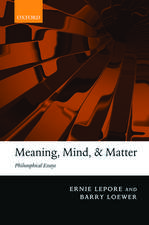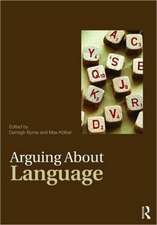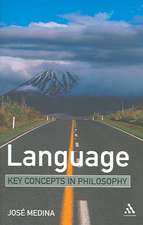Selfish Sounds and Linguistic Evolution: A Darwinian Approach to Language Change
Autor Nikolaus Ritten Limba Engleză Paperback – 30 sep 2009
| Toate formatele și edițiile | Preț | Express |
|---|---|---|
| Paperback (1) | 289.95 lei 6-8 săpt. | |
| Cambridge University Press – 30 sep 2009 | 289.95 lei 6-8 săpt. | |
| Hardback (1) | 731.38 lei 6-8 săpt. | |
| Cambridge University Press – 26 mai 2004 | 731.38 lei 6-8 săpt. |
Preț: 289.95 lei
Nou
Puncte Express: 435
Preț estimativ în valută:
55.48€ • 58.14$ • 45.87£
55.48€ • 58.14$ • 45.87£
Carte tipărită la comandă
Livrare economică 11-25 aprilie
Preluare comenzi: 021 569.72.76
Specificații
ISBN-13: 9780521120630
ISBN-10: 0521120632
Pagini: 344
Dimensiuni: 152 x 229 x 20 mm
Greutate: 0.5 kg
Editura: Cambridge University Press
Colecția Cambridge University Press
Locul publicării:Cambridge, United Kingdom
ISBN-10: 0521120632
Pagini: 344
Dimensiuni: 152 x 229 x 20 mm
Greutate: 0.5 kg
Editura: Cambridge University Press
Colecția Cambridge University Press
Locul publicării:Cambridge, United Kingdom
Cuprins
1. Introduction; 2. The historical perspective; 3. Approaching 'language change'; 4. The Darwinian approach; 5. Generalising Darwinism; 6. Towards an evolutionary theory of language; 7. What does all this imply for the study of language change?; 8. How to live with feet, if one happens to be a morph-meme; 9. The prosodic evolution of English word forms or the great trochaic conspiracy; 10. Conclusion.
Recenzii
'… addresses what may be legitimately regarded as one of the most fundamental questions a linguist can ask: why does language take the form it does? Ritt's answer is refreshingly novel, stimulating as well as astounding …' Thomas Berg, University of Hamburg
'… refreshingly novel, stimulating as well as astounding …' Zeitschrift für Sprachwissenschaft
'… refreshingly novel, stimulating as well as astounding …' Zeitschrift für Sprachwissenschaft
Descriere
This book uses Darwin's evolutionary theory to account for language development and change.
